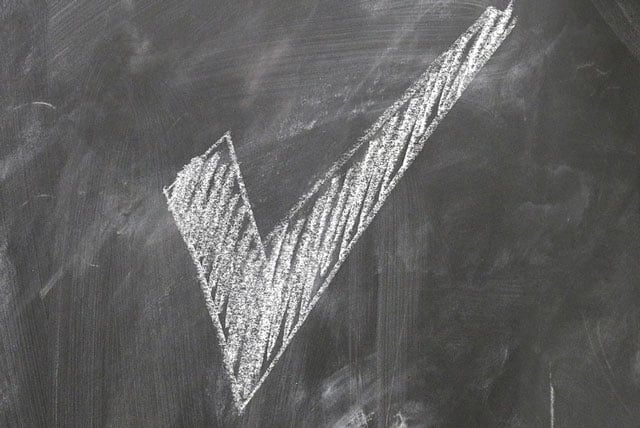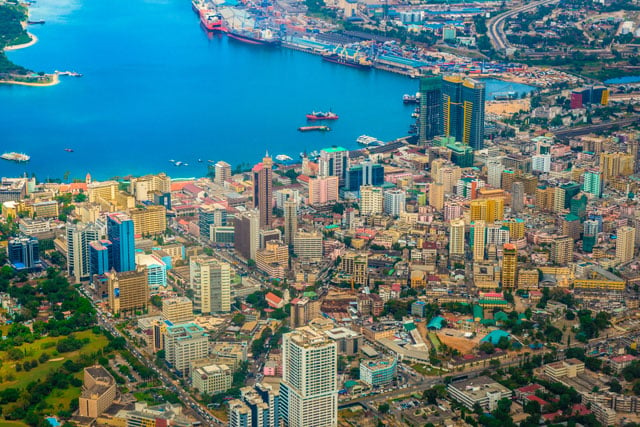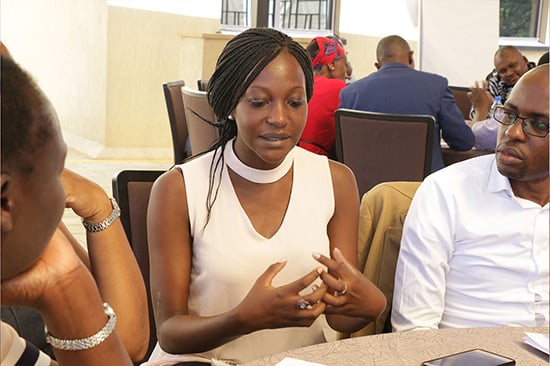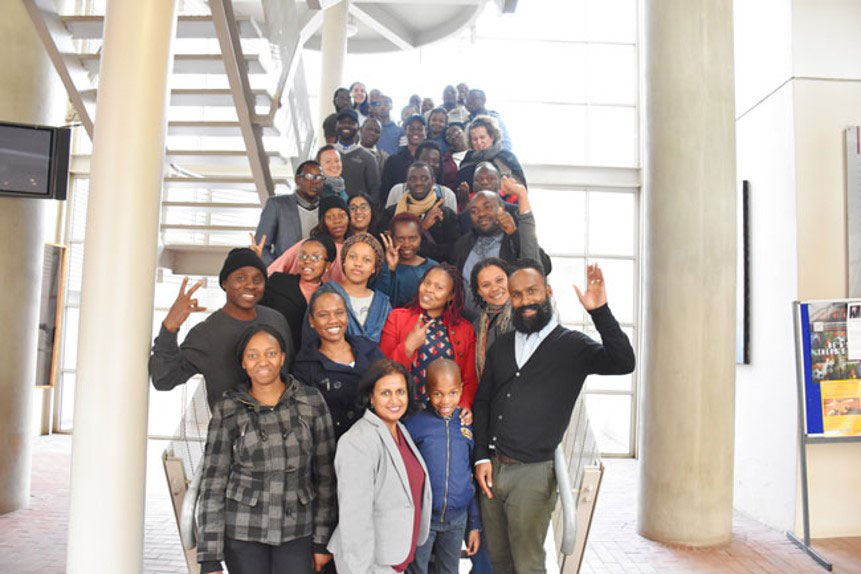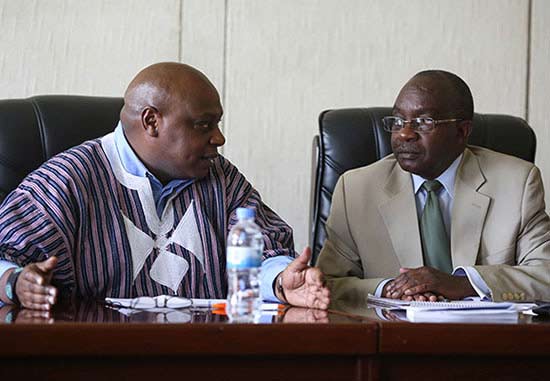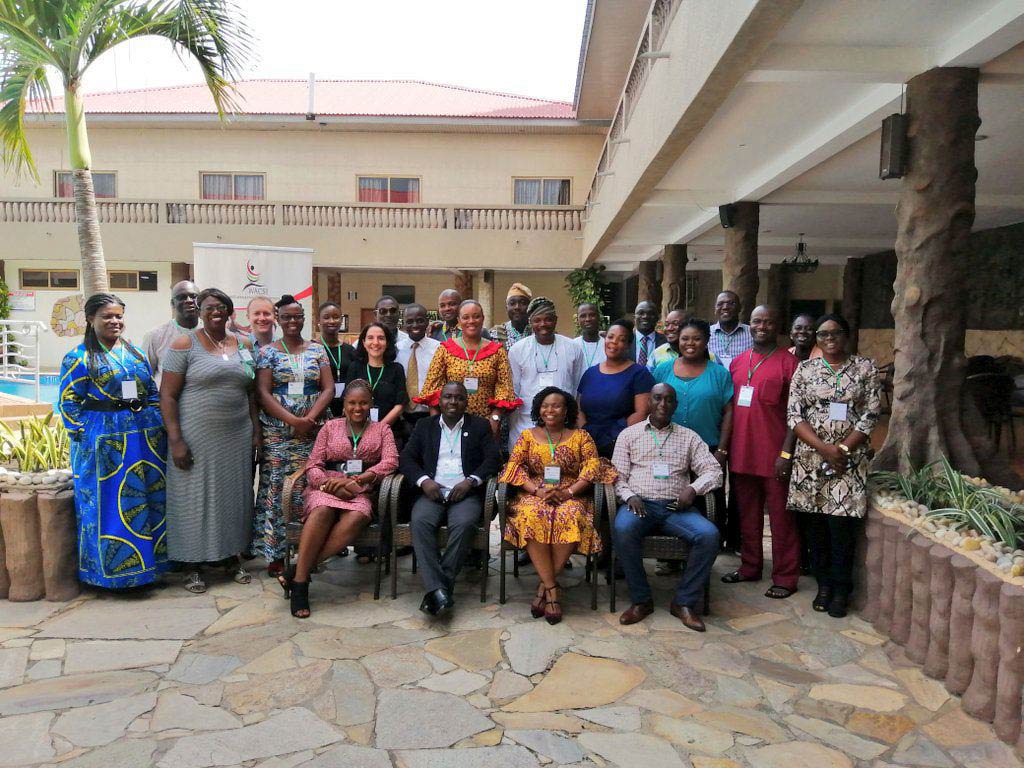ICNL promotes an enabling legal environment for civil society in Sub-Saharan Africa. We work with partners across the continent to advance freedoms of association, assembly, and expression; encourage public participation and philanthropy; and support civil society when its rights and activities are threatened.
We are privileged to collaborate with civil society leaders, activists, government officials, lawyers, media workers, and academics in thirty countries across Africa. Working together, we amplify the impact of local partner organizations and regional civil society networks, through technical assistance, research and knowledge-building. With our partners we have helped develop progressive regional and global norms as well as national laws and policies that expand civic space throughout the region.

